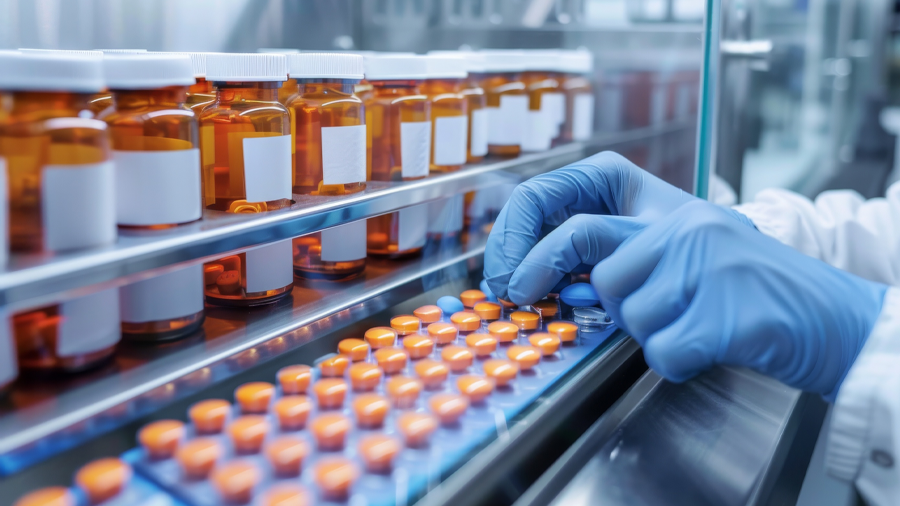Ludia Bio, new UAB spin-off to contribute to the development of biosimilars
The UAB has created a new knowledge-based company operating from the Department of Pharmacology, Therapeutics and Toxicology and specialising in scientific advice for the development of biosimilar medicines.

The market for biosimilars, medicines that are essentially the same in terms of quality, efficacy and safety as reference biological medicines, is experiencing sustained expansion on a global scale. Unlike generic drugs, which come from simpler chemical molecules, biosimilars are derived from living organisms and require more elaborate scientific and regulatory processes. The introduction of biosimilars leads to reduced healthcare costs and more citizens being able to have access to highly complex treatments, such as those made with monoclonal antibodies for the treatment of immune diseases and cancer. However, there are still little-explored market niches. The launch of biosimilar medicines approved by the European Commission in emerging countries and advice to laboratories in these countries are some of the needs detected.
In this context, the UAB launched Ludia Bio S. L., a new company specialised in responding to these opportunities through advice on the development of biosimilar medicines in biopharmaceutical laboratories, as well as the creation of preclinical files of candidates for biosimilar treatments and their sale to third parties.
The project is led by Fernando de Mora, professor of Pharmacology at the UAB and a renowned expert in the field of biosimilars. “Ludia Bio was born with the mission of bringing the benefits of biosimilars to new markets and thus contributing to a more accessible pharmaceutical industry”, highlights Fernando de Mora. “The combination of scientific knowledge and regulatory vision that we have accumulated at the UAB allows us to address a market niche with great growth potential,” he adds.
The company was created thanks to the knowledge accumulated since 2009 by the Department of Pharmacology, Therapeutics and Toxicology of the UAB through comparability tests between biological compounds; the science, regulation and dynamics of the biosimilars market; and agreements with laboratories that develop and market these compounds.
The project promoter foresees sustained growth for the company in the coming years and the consolidation of a team made up of experts in biotechnology and pharmaceutical regulation thanks to collaborations with different laboratories on a multinational scale.
With the creation of Ludia Bio, the UAB reinforces its commitment to knowledge transfer and the promotion of scientific entrepreneurship, and contributes to the generation of economic and social value from university research. With this, there are now 32 emerging companies that the UAB has helped to promote since 2009 with the aim of translating research findings into practice. They join 30 other spin-offs created before 2009, the year in which the Regulation for the creation of technology-based companies and spin-offs of the UAB was approved.